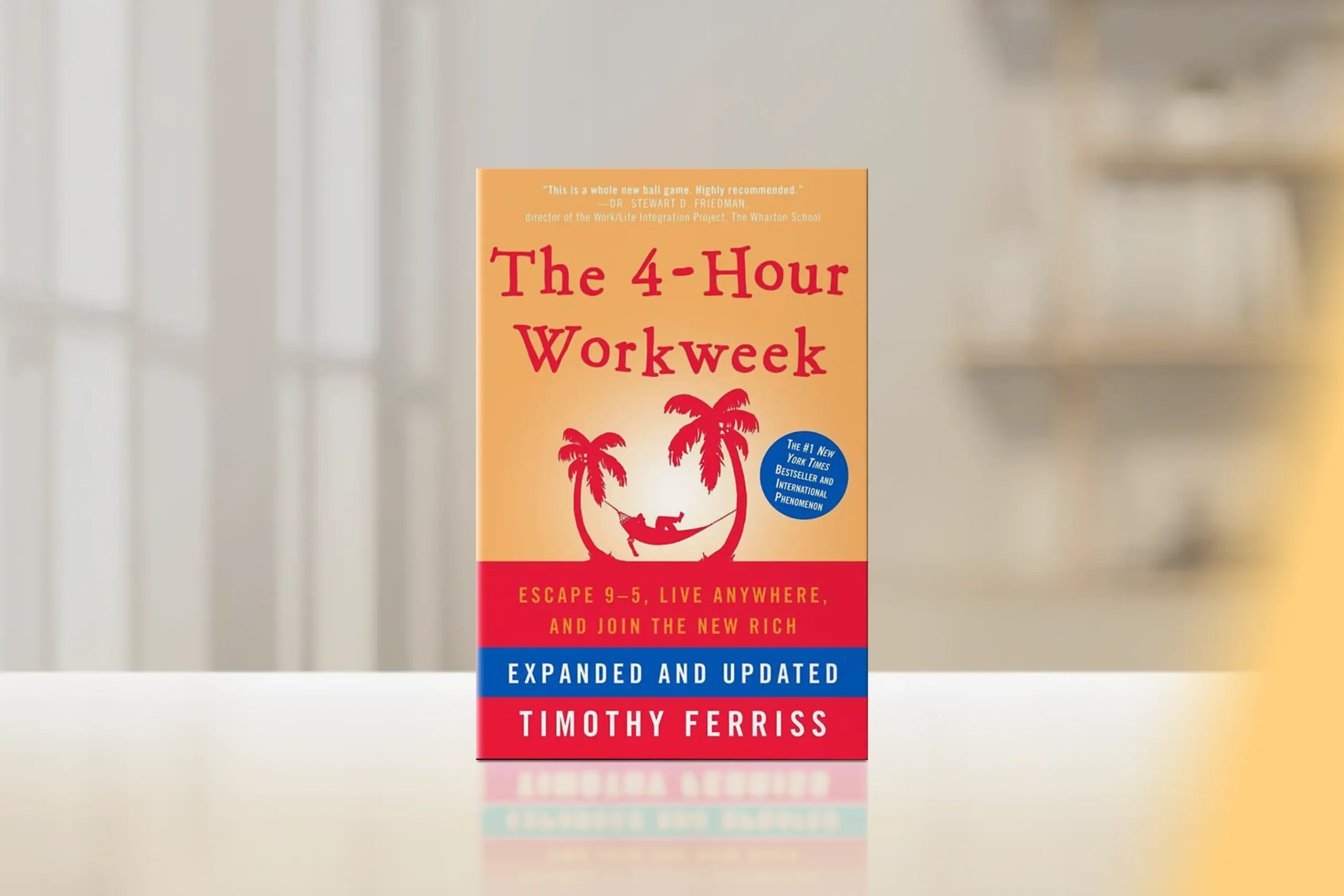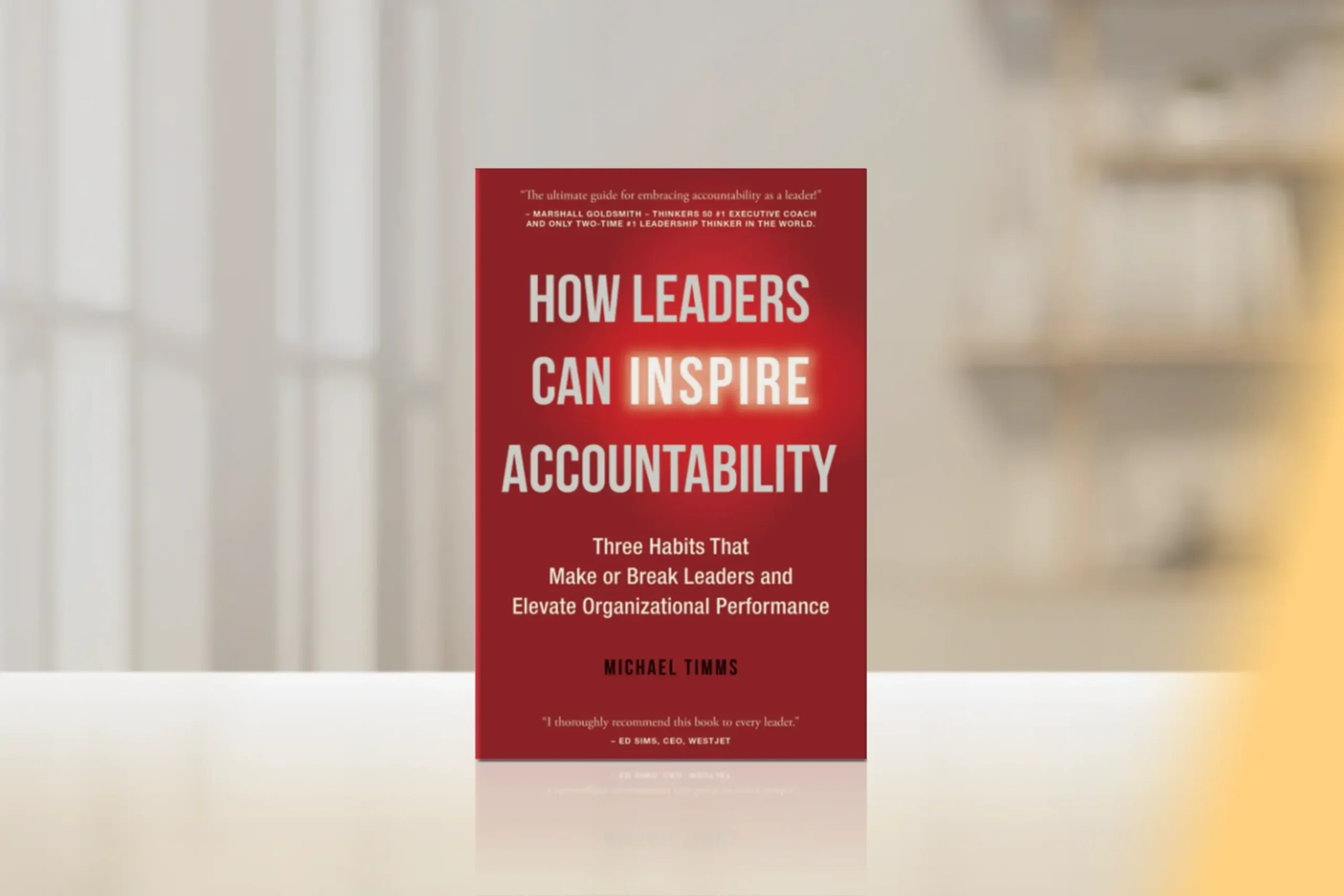Published in 2007 and revised in 2011, “The 4-Hour Workweek” revolutionized how we think about work-life balance in the digital age.
Timothy Ferriss presents a radical reimagining of traditional career paths, challenging the conventional 9-5 workday with his blueprint for what he calls the “new rich” lifestyle. The book’s core premise is that you can design a life of freedom and abundance by working smarter, not harder, through automation, delegation, and strategic time management.
Core Concepts
The book revolves around the DEAL formula, a four-step process for lifestyle redesign:
- Definition: Redefining your goals and priorities
- Elimination: Removing unnecessary tasks and time-wasters
- Automation: Creating passive income streams and automated systems
- Liberation: Breaking free from traditional work constraints
These concepts are designed to help you escape the traditional work paradigm and create a life of freedom, adventure, and purpose.
Chapter-by-Chapter Review
Foundation: D is for Definition
Ferriss challenges readers to define their fears instead of their goals and introduces the concept of “lifestyle design.” Through exercises like “fear-setting” and “dreamlining,” readers learn to quantify their aspirations and overcome the paralysis that often prevents bold life changes.
E is for Elimination
This section focuses on the Pareto Principle (80/20 rule) and its application to time management. Ferriss provides practical strategies for eliminating time-wasters, including excessive email checking and unproductive meetings. He introduces powerful concepts like selective ignorance and the low-information diet that help readers reclaim their time.
A is for Automation
Here, Ferriss details how to build automated income streams through online businesses, outsourcing, and digital products. The chapter focuses on creating a “muse” business – a low-maintenance income source that can be run in minimal time, supported by real-world case studies and implementation strategies.
L is for Liberation
The final section explores how to break free from the office environment, negotiate remote work arrangements, and design a location-independent lifestyle. Ferriss provides practical frameworks for convincing employers to allow remote work, along with guides for maintaining productivity while traveling.
Key Strengths
- Provides actionable strategies for automating and streamlining work processes
- Offers innovative approaches to time management and productivity
- Includes detailed case studies and real-world examples
- Challenges conventional wisdom about work and success
Potential Drawbacks
- Some strategies may be less applicable in today’s changed digital landscape
- Not all concepts are suitable for every career type or industry
- The aggressive approach to lifestyle design may not align with everyone’s values
Who This Book Is For
This book is particularly valuable for:
- Entrepreneurs and small business owners looking to scale efficiently
- Knowledge workers seeking location independence
- Professionals feeling trapped in traditional 9-5 jobs
- Digital nomad aspirants and lifestyle designers
Final Review
“The 4-Hour Workweek” stands as a manifesto for the modern digital age, challenging conventional wisdom about work and success while providing actionable strategies for lifestyle design. While some technical aspects may have evolved since its publication, the core message about redesigning your life around freedom and purpose remains powerfully relevant. For those willing to embrace unconventional thinking, this book offers a roadmap to transform their relationship with work and time into one that prioritizes living over postponing life.
Rating: 4.4/5
Whether you implement all of Ferriss’s strategies or just select a few key principles, this book has the potential to fundamentally change how you view work, time, and life optimization.
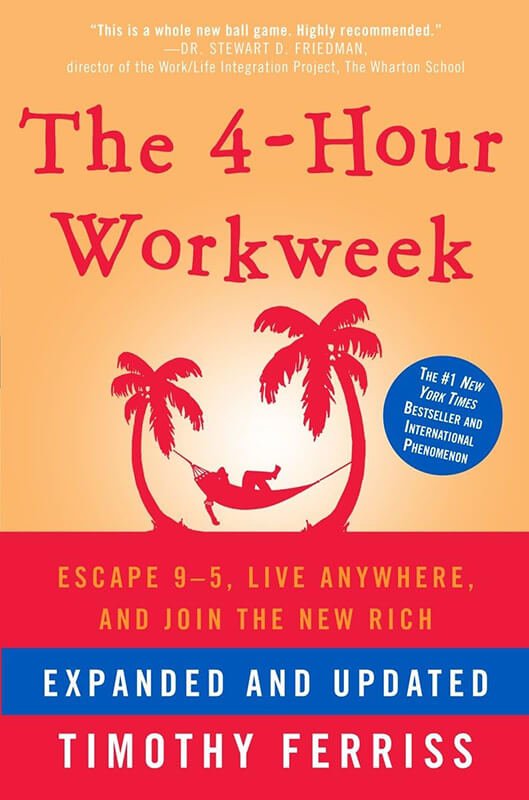
Alternative Books
If you’ve enjoyed “The 4-Hour Workweek,” consider these related titles from similar genres:
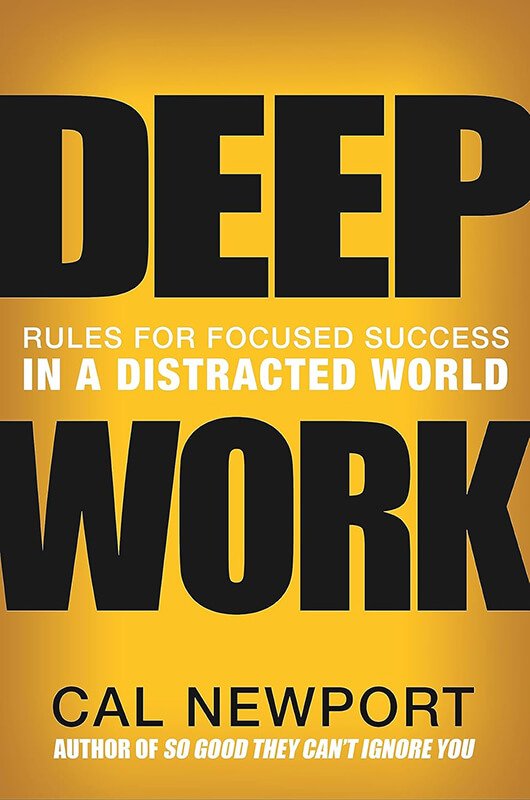
“Deep Work” by Cal Newport
Offers a more structured approach to productivity and focused work in a distracted world.
Rating: 4.5/5
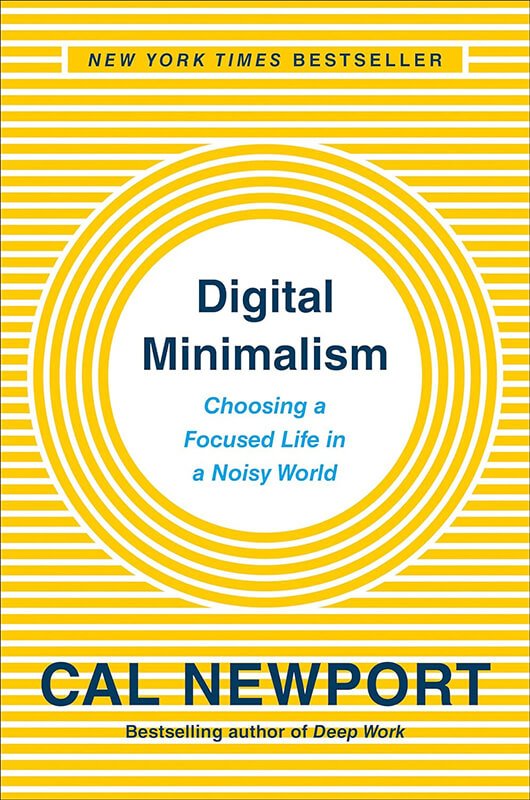
“Digital Minimalism” by Cal Newport
Explores how to maintain focus and productivity in an increasingly connected world.
Rating: 4.5/5
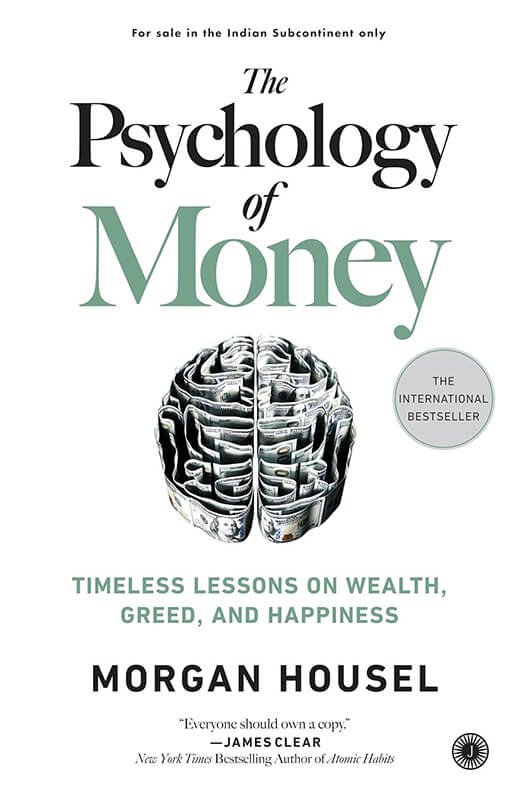
“The Psychology of Money” by Morgan Housel
Provides insights into building wealth and financial independence, complementing Ferriss’s income automation strategies.
Rating: 4.7/5

